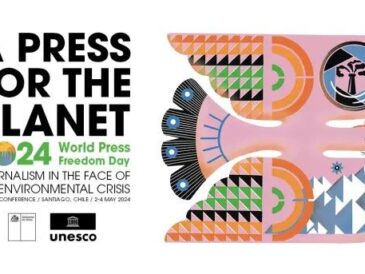Abuja, Sept. 23, 2024 – The European Union (EU) has released €5.4 million in humanitarian aid to support flood victims in six West and Central African countries.
The aid is to assist Chad, Niger, Nigeria, Cameroon, Mali, and Burkina Faso, where over 4.4 million people have been impacted by the unprecedented rainfall.
The EU said the devastating floods caused the destruction of homes, public health facilities, water systems, schools, and sanitation services, as well as roads, and agricultural areas were ravaged.
The EU announced the support in a statement on its website on Monday,
It said the funding would be directed to providing immediate relief in the form of food, shelter, clean water, and essential sanitation services.
“This funding will help our humanitarian partners on the ground to provide immediate aid and respond to the most urgent needs concerning food, shelter, access to clean water and sanitation, and other essential services in the hardest-hit areas,” the EU said.
The fund is allocated as follows: Chad— €1,000,000m, Niger— €1,350,000m, Nigeria— €1,100,000m, Mali— €1,000,000m, Cameroon—€650,000 and Burkina Faso—€300,000
The E.U. said the funding followed the €232m in humanitarian aid already provided by the EU to these countries earlier this year.
Janez Lenarčič, the EU Commissioner for Crisis Management, described the flood situation as unprecedented, highlighting the scale of destruction caused by excessive rainfall.
“Excessive rainfalls have lashed the Sahel and Lake Chad regions with unprecedented impact, displacing millions and causing widespread suffering and damage.
“We are mobilising all means at our disposal to help the most vulnerable in the flood-stricken countries, so they can receive much-needed relief,” h e said.
Some of the most affected areas include Mali, which recorded its highest rainfall since 1967, and Niger, where over 1 million people have been displaced. Chad has been similarly hard hit, with 1.5 million people affected and further rainfall expected.
In Northern Nigeria, a region already grappling with a severe food and nutrition crisis fueled by conflict, insecurity, and inflation, the situation has deteriorated further following a dam failure in the Maiduguri area, which has compounded the devastation, leaving an estimated 641,600 people.





